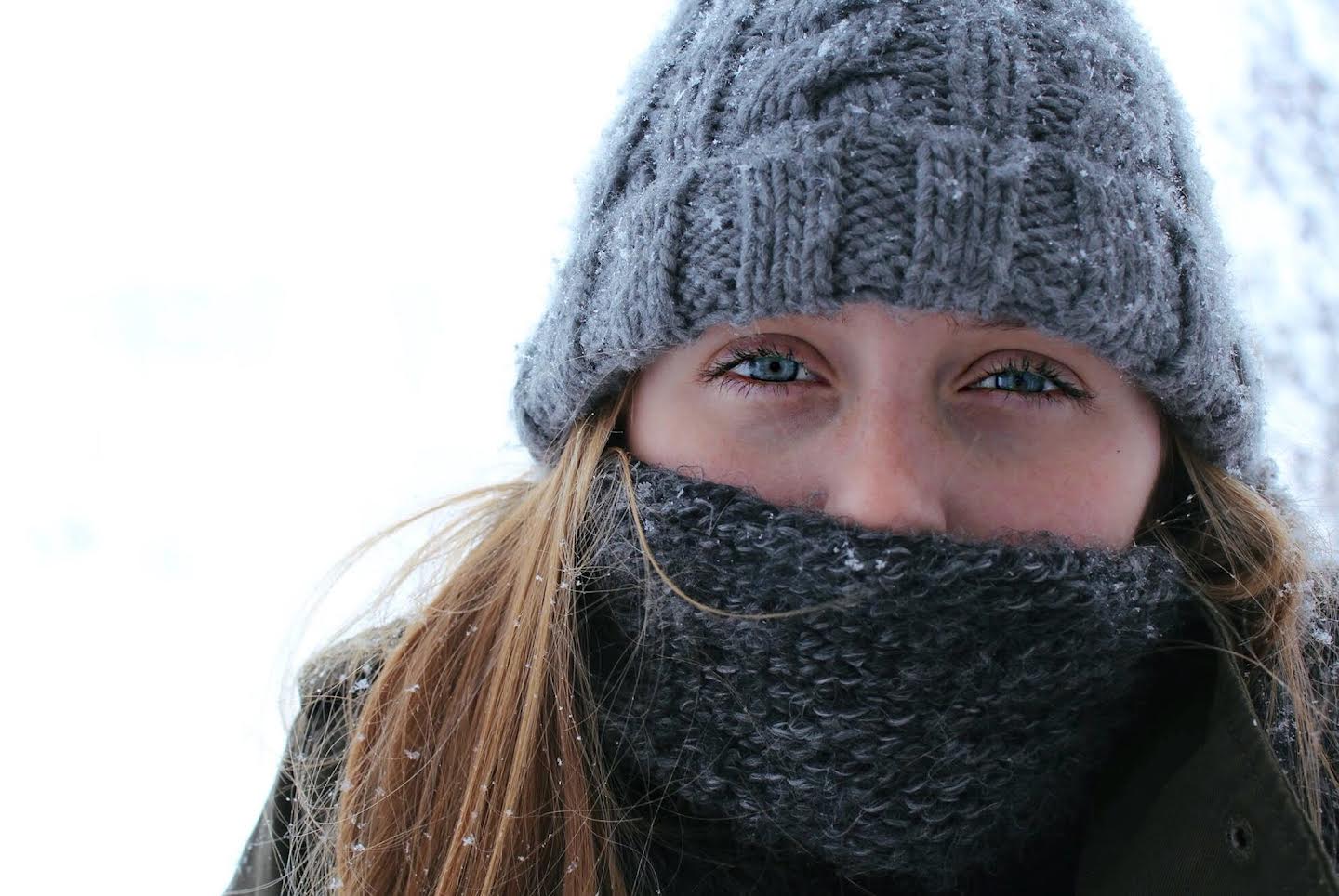
Our eyes are sensitive organs. This is especially true when the dryness and cold of winter hit.
Eye health is important year-round, but the winter months have unique challenges that tend to be overlooked.
Read below to learn why the winter affects our eyes and some important tips on how to keep your eyes healthy during the cold season.
Cold Weather Affects Eye Health
In many places, winter is synonymous with cold temperatures, snow, and less humidity. All of these things individually can cause eye discomfort. When they’re combined, there is an even higher chance of ocular irritation, infection, or injury.
Cold temperatures affect eye health in a few ways. Lower temperatures can constrict blood vessels in the eyes. This can cause blurry or double vision. If you experience either of these symptoms, it is important to see an eye doctor to rule out any additional causes.
Cold temperatures are also physically unable to hold as much moisture as warm temperatures. This means the colder the air is, the more drying it is to your skin, hair, and eyes.
 Dry Eyes
Dry Eyes
Lower humidity means dry eyes are common in the winter. If you have burning, itching, redness, or stinging in your eyes, you likely suffer from dry eyes. Other common symptoms are stringy mucus in your eyes, light sensitivity, difficulty seeing at night, watery eyes, or feeling like something is in your eyes even when nothing is there.
Naturally, people heat their homes in the winter with central heating, fireplaces, and heat lamps. All of these things further decrease moisture in the air and contribute to eye irritation.
Tips for Dry Eyes
Luckily, dry eyes are typically not a serious medical concern. Some tips for alleviating winter dry eyes include the following:
- Run a humidifier at home or work
- Use eye drops, creams, or ointments
- Place warm compresses on your eyes
- Drink water or other hydrating fluids
- Practice the 20-20-20 rule with screens
Sunlight and Eye Health
In the northern hemisphere, there are fewer daylight hours in winter than there are in summer. Many spend most daylight hours inside at school or work.
Supplement with Vitamin D
Fewer hours of sun and less sun exposure mean people get much less vitamin D in winter months. Vitamin D is important for eye health.
The majority of individuals benefit from a vitamin D supplement, but do not start a new medication or supplement without first seeking advice from a healthcare professional.
Wear Sunglasses
Don’t put away your shades in the winter! A common misconception about winter is that the sun isn’t damaging because it is further away.
There is an increased risk of UV exposure during snowy conditions. Bright white snow reflects UV rays which can cause snow blindness, cataracts, eye burns, and even eye cancer.
UV exposure also increases as elevation increases. Many winter sports take place on mountains or at higher altitudes. This means the UV risks mentioned above become more likely the higher you climb.
Sunglasses are an important winter accessory because they prevent temporary vision impairment, diseases, and eye injury.
Winter Sport Glasses
Specialty sports glasses can protect you from winter debris, sunlight, and more. You can find non-prescription glasses at sporting goods stores or online. An eye doctor can work with you to get prescription lenses in sport-specific glasses if you need them.
 Eye Infections
Eye Infections
The winter months also carry an increased risk for eye infections. Many of the things that can cause dry eyes also make our eyes more susceptible to bacterial or viral infections.
Symptoms
The symptoms of an eye infection can be similar to dry eye. Itchiness, redness, excess mucus, puffiness, and eye discoloration are symptoms of infection. Infection is typically accompanied with a fever or other cold symptoms.
If you have symptoms of an infection or have been exposed to a highly contagious eye infection such as pink eye, seek medical care. Most eye infections are easy to treat and will be gone quickly with eye drops or antibiotics.
Prevention
Maintain good eye hygiene to prevent the spread of eye infections. Wash your hands after touching your eyes, don’t share makeup or eye medications, wash your face at the end of the day, don’t rub your eyes, and eat a well-balanced diet for optimal eye health.
How an Eye Doctor Can Help
If you experience any eye discomfort during the winter months schedule an eye exam to get to the bottom of it. Whether you have an underlying condition or are just sensitive to winter elements, our optometrists will help you find a solution.






